Foreign Currency Exchange : CEMAC Publicises New Legislation
- Par Godlove BAINKONG
- 24 juil. 2019 11:57
- 0 Likes
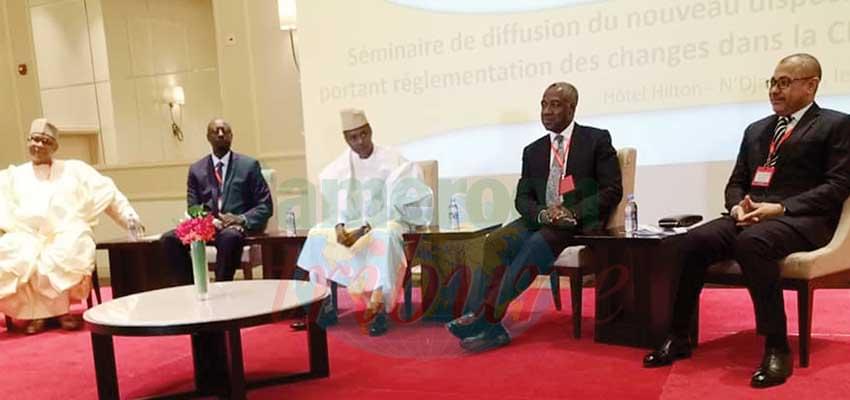
The instrument, stakeholders said in N’Djamena yesterday, will contribute to external stability of the local currency and adapt to economic and financial mutations notably electronic payment.
Officials of financial institutions within the Central African Monetary and Economic Community, CEMAC, are now better versed with the new legislation related to foreign currency exchange and are back in their countries to lead its implementation. They took part in a day-long workshop in the Chadian capital yesterday July 23, 2019 on disseminating the new legislation which went operational across the six-member countries of CEMAC on March 1, 2019. Abbas Mahamat Tolli, Governor of the Bank of Central African States (BEAC), who is also Chairman of the Central African Banking Commission, presided at the opening ceremony at the Hilton.
What Motivated the Change?
Going by Mr Tolli, BEAC’s desire to ensure the external stability of the local currency via optimizing external financial transactions, in such a way as to limit illegal financial flows as well as maximize the entry of traceable foreign currencies motivated the review of hitherto existing legislations on foreign currency exchange. The BEAC Governor told officials of financial institutions that turned up for the sensitization campaign in N’Djamena that the measure is aimed at contributing to external stability of the currency, adapting to new developments notably new methods of electronic payments, the least of which is not the fight against money laundry and financing of terrorism. It is said that the new legislation is promising as the result thus far shows an increase in foreign exchange reserves moving from 605.2 billion to over 1.376.1 billion in about five months of implementation. He urged stakeholders to strive for an optimal implementation of the regulation for the good of the population and respective economies.
Major Innovations of the Legislation
With the new rule, amounts carried out of the sub region per trip per person either cash, bank transfer or prepaid card must not go beyond FCFA 5 million. And if it must go beyond the threshold, the exporter must present convincing justifications, failing which, the customs administration would have to confiscate the surplus and hand it to the central bank. Participants at the N’Djamena workshop saluted the innovation indicating that with the old text, one could not t...
Cet article complet est réservé aux abonnés
Déjà abonné ? Identifiez-vous >
Accédez en illimité à Cameroon Tribune Digital à partir de 26250 FCFA
Je M'abonne1 minute suffit pour vous abonner à Cameroon Tribune Digital !
- Votre numéro spécial cameroon-tribune en version numérique
- Des encarts
- Des appels d'offres exclusives
- D'avant-première (accès 24h avant la publication)
- Des éditions consultables sur tous supports (smartphone, tablettes, PC)






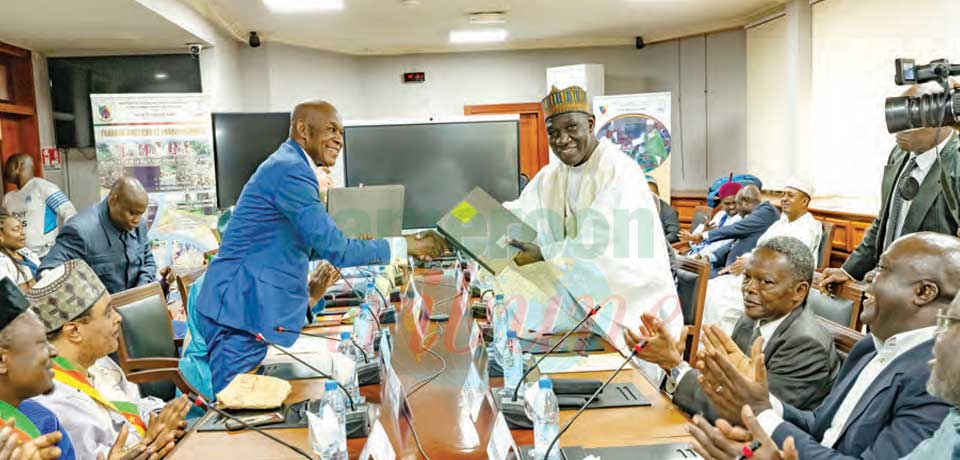
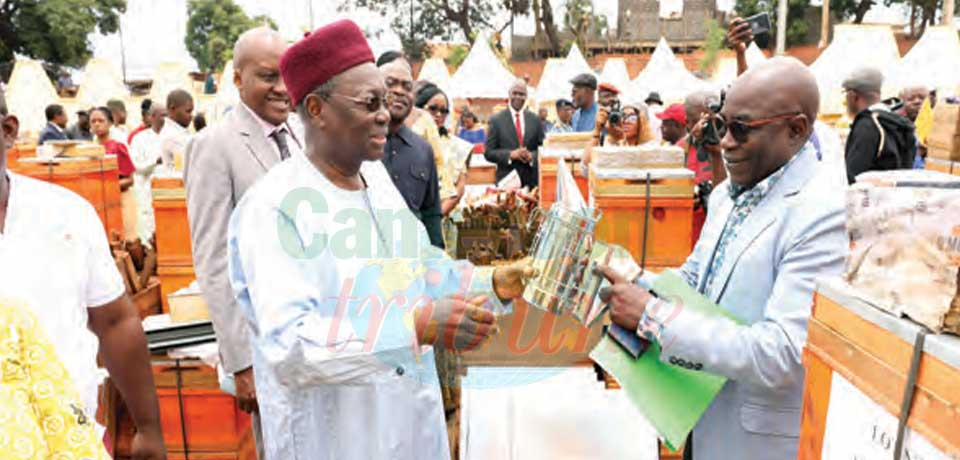
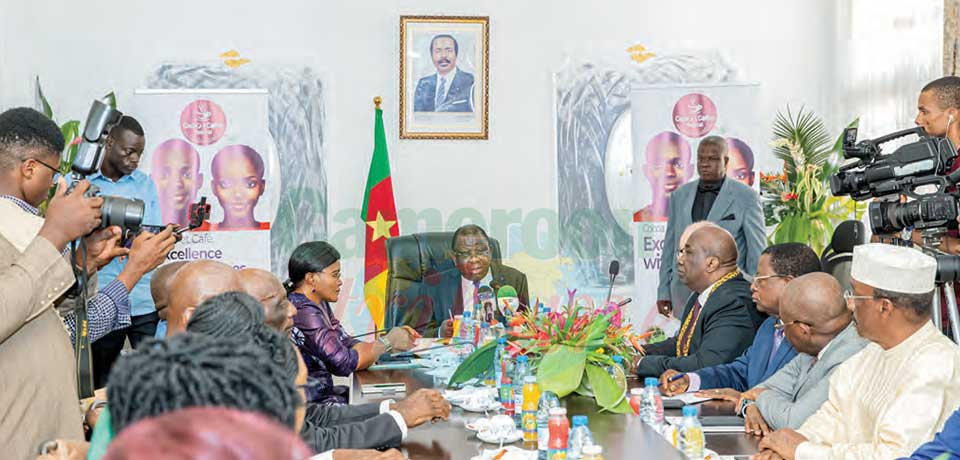
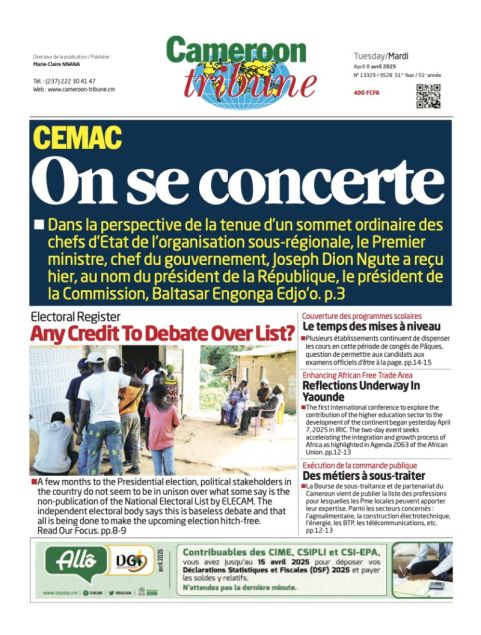




Commentaires